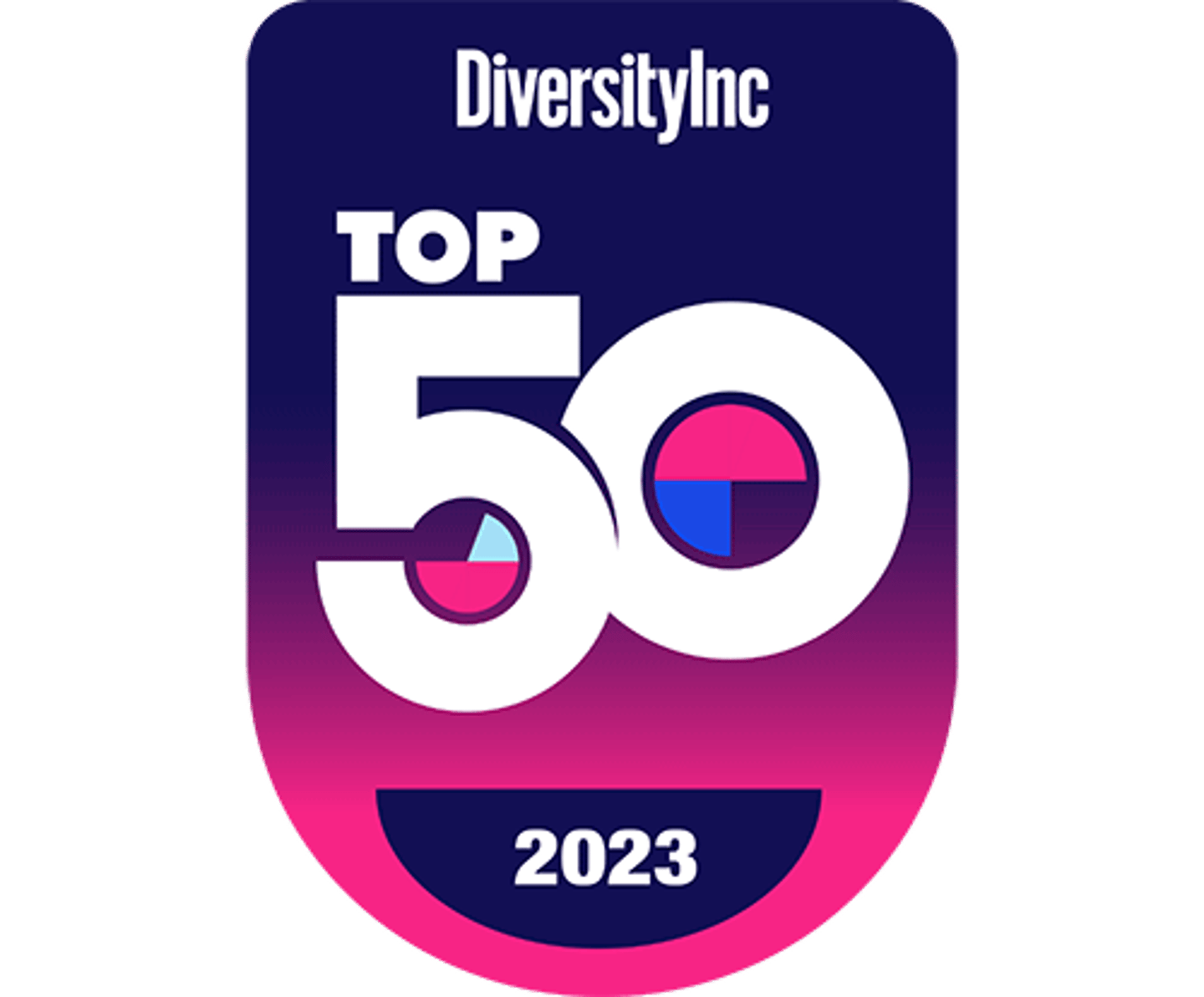Walmart, Target, Walgreens, Best Buy on Top 50 Companies for Diversity list
Only four retailers claimed spots on an annual ranking that recognizes the nation's top companies for diversity and inclusion management.
Walmart was No. 17 on DiversityInc’ 2023 Top 50 Companies for Diversity list, which assesses the performance of companies in six key areas of diversity and inclusion. Mastercard took the top spot. See the complete listing here.
The other three retailers that made this year’s list were Target (#34), Walgreens (#46) and Best Buy (#49). Both Walgreens and Best Buy are led by female CEOs, Rosalind Brewer and Corie Barry, respectively.
The DiversityInc rankings based on company-submitted data in six key areas: leadership accountability, human capital diversity metrics, talent programs, workforce practices, supplier diversity and philanthropy.
“Data submitted by companies for the annual DiversityInc Top 50 competition provides us with a trusted measure of employer and investor data transparency, equitable human capital outcomes for U.S. employers and the effectiveness of DEI strategy, policies and practices,” stated DiversityInc.
Since 2001, the list is composed of employers who had the highest overall aggregated scores as calculated using DiversityInc’s ranking algorithm.
Methodology
The Top 50 Companies For Diversity list is based on empirical data obtained through organizations completing and submitting the online survey.
Participation is free and companies that do business with DiversityInc receive no preferential treatment.
Since 2001, this assessment is the most extensive, data-driven analysis of workplace fairness, equity and inclusion initiatives and outcomes focused on leadership accountability, organizational programs and practices as well as human capital metrics at some of the largest U.S. employers.
The assessment provides detailed insights into representation metrics across several dimensions and intersectionality segments including race/ethnicity, gender identity, sexual orientation, disability status and veteran/active military status of employees, leadership and board of directors.
In addition, the assessment captures information regarding supplier diversity and philanthropy-related spending and practices to generate relevant benchmarks, best practices and research.
The insights and benchmarks derived from the assessment enable employers with 750 or more full-time employees to advance their equity and inclusion strategy to improve hiring and retention, leadership accountability, talent programs, workplace practices, supplier diversity and philanthropy.


